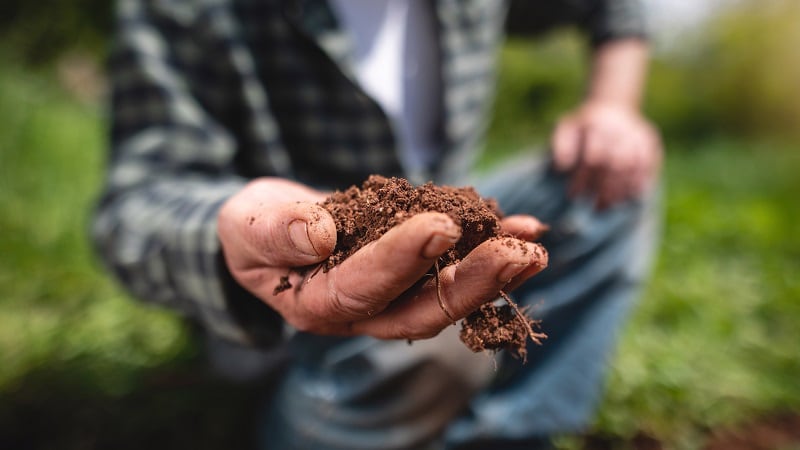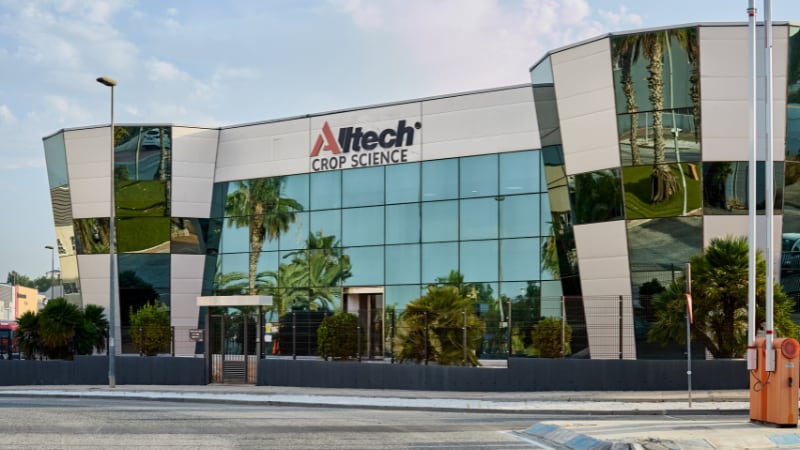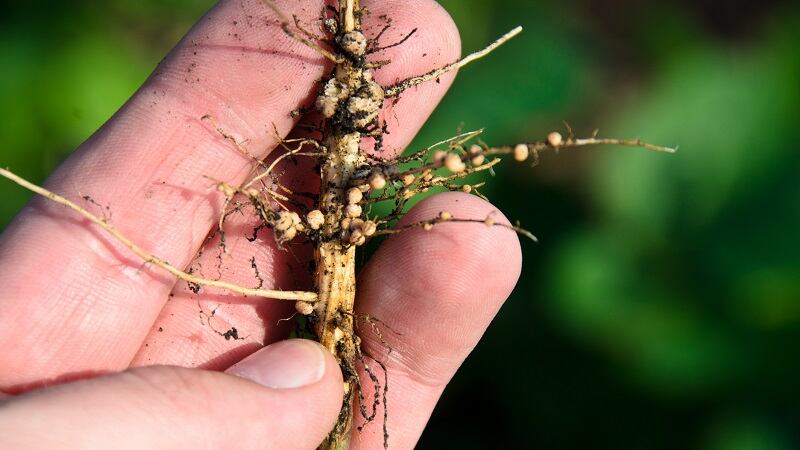The biologicals sector in Asia Pacific is gaining pace as the region shifts towards more sustainable agri-food production, with specialty crop farms leading the way to meet growing urban demand for organic and chemical-free produce.
However, efficacy concerns present a significant barrier to the adoption of biologicals in APAC, said Sharon Tay, director for food manufacturing and agritech, Enterprise Singapore (EnterpriseSG).
“Farmers may not know how to choose, store, and apply biological solutions in the intended manner to preserve efficacy, while the lack of a standardised evaluation framework for efficacy claims further undermines market confidence.”
To address these challenges, EnterpriseSG encourages collaboration through every stage of the supply chain
“Accelerating biologicals adoption therefore requires coordinated efforts across the entire agri-food value chain, from input suppliers and farm operators to processors, traders, and ultimately consumers,” Tay told AgTechNavigator.
She elaborated that Singapore was driving efforts to address the problem of inconsistent product performance through its “robust industry-led research ecosystem and connectivity as a regional innovation hub.”
“Companies can leverage platforms such as EnterpriseSG’s Open Innovation Network and Co-Innovation Programmes to collaborate with startups and research institutions in developing innovative products. EnterpriseSG also convenes industry players to facilitate knowledge exchange, while supporting our companies’ innovation development and international growth.”
Moving forward, setting standards will be crucial to ensuring biologicals can gain the trust of farmers and the overall market.
According to Tay, the Food Standards Committee (FSC) under the Singapore Standards Council is currently looking into creating such standards.
“Establishing standards aims to ensure consistent quality, build trust across local and international markets, and provide clear guidelines for startups and companies developing new biological solutions. Ultimately, these standards are intended to make biologicals more reliable, credible, and easier to adopt across the region.”
Enterprise SG is set to host Biologicals Forum: Driving Innovation & Commercialisation for Sustainable Agriculture, an interactive roundtable discussion on November 5 at the Asia Pacific Agri-Food Innovation Summit.
“What excites us is the potential for continuous innovation. In Singapore, we see a convergence of advanced biotech research capabilities, where startups and researchers have access to regional markets with growing demand for sustainable agricultural applications,” said Tay.
Biologicals potential in Asia
The city-state’s coordinated initiatives signal its strong belief in biologicals as a key growth sector in the APAC region.
This is being driven by rising demand from consumers and government support for sustainable food production.
“The APAC region presents significant opportunities for biologicals. An ageing population, urbanisation and an emerging health-conscious middle class are driving demand for healthy, chemical-free food. Governments are also stepping up efforts to focus on food security while minimising environmental impact.
“Increased awareness of the negative environmental impacts of intensive agriculture has also led to more scrutiny on the use of chemical fertilisers and pesticides. Many APAC countries are thus turning to biologicals for more sustainable food production.”
Technological advances are also helping expand the biologicals market across the region.
“On the supply side, advances in biotech engineering, particularly in fermentation and formulation, are improving the cost-efficiency of producing biologicals. These innovations will lead to products that are longer-lasting and require less frequent application, which is beneficial for APAC markets facing farm labour shortages,” said Tay.
Singapore’s R&D ecosystem is delivering notable breakthroughs in biologicals, Tay said.
At Temasek Life Sciences Laboratory (TLL), researchers have discovered a fungus that boosts vegetable yields, while NERI has identified a microbial strain that accelerates plant growth and provides systemic pest protection.
Meanwhile, the Agriculture Research and Innovation (AGRI) Centre under the Urban Centre of Agriculture Innovation (UACOI) has developed a pre-harvest biological solution to enhance shelf life and improve crop quality.
Singapore’s homegrown companies have been making their mark across APAC.
Tay highlighted Agrimax’s organic-certified DK-20 biostimulant and Singapore Agrotechnologies’ MALQOSH crop nutrition series, which are being used by farmers in China, Thailand, Malaysia, and Indonesia to increase productivity and quality.
Tay concluded: “With strong support from investors and innovation partners, we believe Singapore can continue to pioneer the development of agrifood tech and innovations that will transform the sector, enhancing food security for the region and beyond.”





